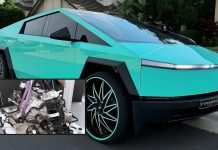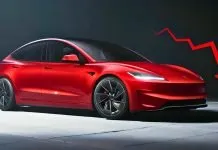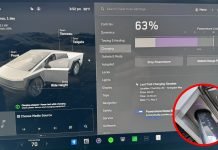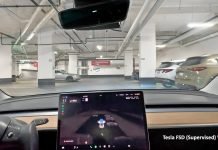In a move that has raised eyebrows, Tesla has managed to circumvent Apple’s controversial 30% App Store tax with its “View Live Camera” feature. This feature allows Tesla drivers to stream live video from their car’s built-in cameras to the Tesla app, but Tesla is not utilizing Apple’s In-App Purchase system for payments. Surprisingly, Apple seems to be allowing Tesla to sidestep its payment rules, leading to speculation and discussion around the issue.
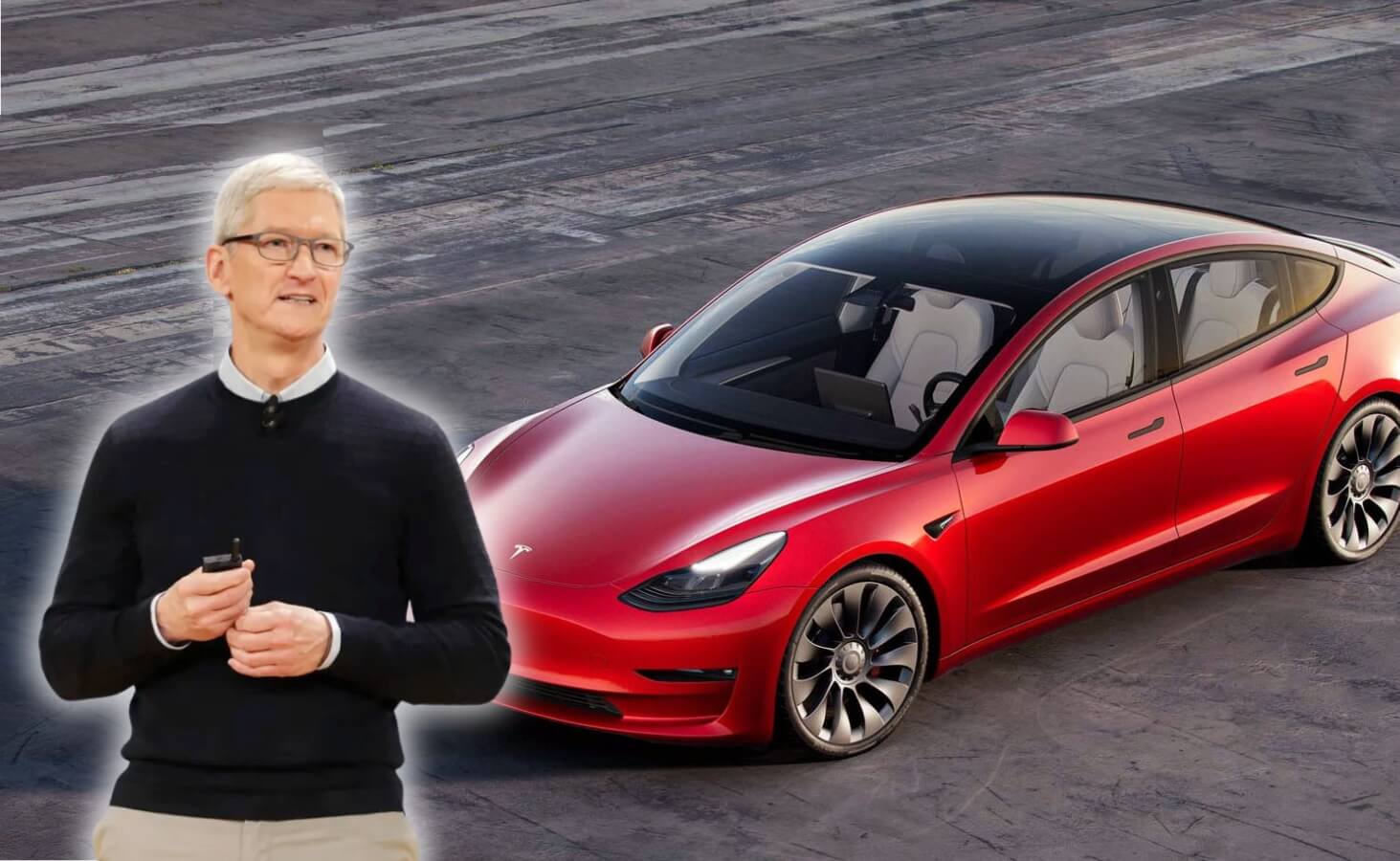
Apple’s In-App Purchase System and its 30% Fee
Apple’s In-App Purchase system is a payment method mandated by Apple for developers who want to charge users for any paid features within their apps. This system ensures that all transactions are routed through Apple’s payment network, and in return, Apple takes a 30% cut of the revenue generated from these purchases. While the system provides convenience and security for users, it has been a subject of controversy and criticism due to the substantial fee imposed on developers
Elon Musk, CEO of Tesla, has been vocal in criticizing this policy, referring to it as a “30% tax on the Internet.” However, Tesla is taking advantage of an exception in Apple’s policy, which allows features used on other hardware to use alternative payment systems.
Tesla’s View Live Camera Feature
The View Live Camera feature is part of Tesla’s Connectivity Packages, which cost $9.99 per month and offer various premium features to Tesla drivers. The feature allows users to stream live video from their car’s cameras through the Tesla app, as well as broadcast their voice using the car’s loudspeaker remotely. While Apple’s guidelines state that app features working in combination with an approved physical product can unlock functionality without using in-app purchase, Tesla’s app does not offer an in-app purchase option.
Instead, users can pay with a credit card, including Apple Pay, which is distinct from the In-App Purchase system. By leveraging this exception, Tesla has managed to bypass Apple’s 30% App Store tax, leading to discussions and speculation about the fairness and consistency of Apple’s enforcement of its policies.
Apple’s Response
Apple’s App Store guidelines typically require developers to adhere strictly to the In-App Purchase system. Apps such as Netflix, Spotify, Kindle, and Audible have faced restrictions in providing alternative payment options to avoid the 30% fee. Apple’s ongoing legal battle with Epic Games over this issue has seen a federal court ruling that Apple can take a 30% cut but cannot block developers from pointing users to other payment options. Apple has appealed this ruling to the Supreme Court.
Apple’s policy regarding in-app purchases requires developers to use the In-App Purchase system only for features that users “consume” within the app on the iPhone itself. However, there is an exception to this rule for features that work in conjunction with an approved physical product on an optional basis. This exception allows developers to utilize alternative payment systems for features used on other hardware devices.
Elon Musk’s Stance
Elon Musk has been vocal about his opposition to Apple’s payment policy, describing it as a “30% tax” and expressing his reluctance to pay it. However, after a meeting with Apple CEO Tim Cook in 2022, Musk’s criticism subsided, and he even praised Apple publicly on social media. The nature of their discussion and whether it involved the In-App Purchases policy at Tesla or Musk’s other companies remains undisclosed. Musk believes that this fee hampers innovation and creates economic inefficiencies. Through social media platforms, Musk has publicly shared his concerns about Apple’s payment policy and its impact on the broader digital ecosystem.
Did you know Apple puts a secret 30% tax on everything you buy through their App Store? https://t.co/LGkPZ4EYcz
— Elon Musk (@elonmusk) November 28, 2022
Implications and Consumer Impact
Tesla’s ability to avoid Apple’s App Store tax raises questions about Apple’s enforcement of its policies and potential preferential treatment for certain companies. This situation also highlights the challenges faced by other app developers, such as Netflix and Spotify, in navigating Apple’s strict payment rules. Consumers may find it inconvenient when apps are unable to provide alternative payment options, leading to confusion and limitations when subscribing to services through iPhone apps.
The disparity in treatment raises questions about Apple’s consistency in enforcing its policies and potential favoritism towards certain companies.
Overall, the utilization of this exception by Tesla and the discussions surrounding it emphasize the need for a clearer and more flexible approach to app store regulations. Striking a balance between fair revenue-sharing models and encouraging innovation within the digital ecosystem is crucial to ensure the growth and sustainability of the app economy.
What to Expect in the Future
The controversy surrounding Apple’s App Store policies and the exemption granted to Tesla could have broader implications for the app development community. It is possible that this situation will ignite further debates and discussions on the fairness and transparency of Apple’s payment rules. App developers may continue to seek alternative ways to bypass the 30% App Store tax, leading to a potential shift in the app monetization landscape.
Additionally, ongoing legal battles, such as Apple’s case with Epic Games, may shape the future of app store regulations and the extent of Apple’s control over in-app purchases. As the app ecosystem evolves, there is a growing need for clearer guidelines and more flexible payment options that strike a balance between revenue-sharing and fostering innovation within the industry.
The outcome of these developments will shape the future dynamics between app developers, platform owners, and consumers in the digital marketplace.
Conclusion
Tesla’s ability to bypass Apple’s 30% App Store tax with its View Live Camera feature has attracted attention, given the ongoing debates surrounding Apple’s payment policies. While Apple typically enforces strict rules on in-app purchases, Tesla seems to have found a workaround, raising questions about consistency and fairness. The impact on consumers highlights the challenges faced by other developers, emphasizing the need for a clearer and more flexible approach to app store regulations.
Looking ahead, the future of app store regulations will likely be influenced by ongoing legal battles and evolving market dynamics. Developers and platform owners will continue to navigate these challenges, while consumers expect a seamless and user-friendly experience. As the app ecosystem evolves, it is essential for industry stakeholders to collaborate and find solutions that foster innovation, provide transparency, and meet the evolving needs of all parties involved.




